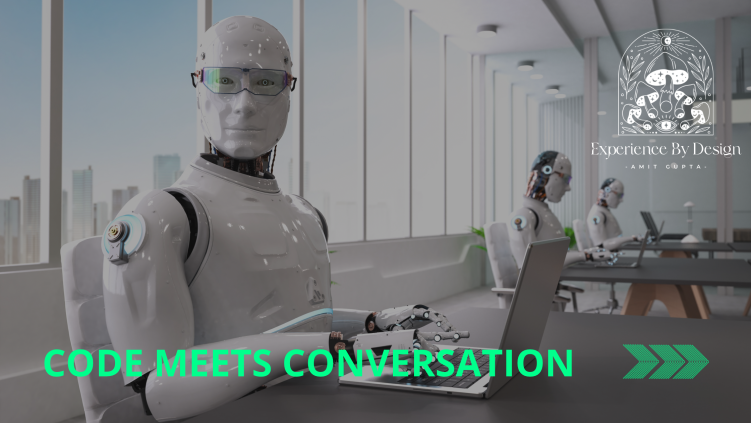Programming has always been a constantly evolving field, with new languages, frameworks, and methodologies emerging all the time. In the past, developers often got away with minimal interpersonal communication and focused mainly on their technical skills. However, the future of programming is not just about writing code; it’s about communicating effectively with both humans and machines. #FutureOfProgramming
Enter the world of conversational programming, where natural language processing, machine learning, and AI come together to revolutionize the way developers interact with their code and development environments. As we navigate this exciting new frontier, it’s essential for programmers to develop strong conversational skills. Let’s explore why and how to hone these abilities. #ConversationalProgramming
##Why Conversational Skills Matter for Programmers
- Collaboration with non-technical stakeholders: In the age of digital transformation, organizations expect developers to work closely with non-technical team members, including designers, product managers, and business executives. Conversational skills enable developers to communicate complex concepts in a way that everyone can understand. #CrossFunctionalCollaboration
- Working with AI tools: As AI-powered tools like ChatGPT, Bard, and Midjourney become more prevalent, developers will need to communicate effectively with these intelligent systems to maximize their potential. Conversational skills will help programmers give clear instructions and interpret the AI’s responses efficiently. #AITools
- Democratizing programming: Conversational programming lowers the barrier to entry, making it easier for people from diverse backgrounds to participate in software development. By embracing conversational skills, developers can help build a more inclusive industry. #InclusiveTech
#Actionable Skills to Master the Art of Conversation for Programmers
Here are some practical steps programmers can take to improve their conversational skills:
- Practice active listening: Being a good listener is crucial for effective communication. Make an effort to understand others’ perspectives and ask clarifying questions when needed. #ActiveListening
- Develop empathy: Put yourself in the shoes of non-technical stakeholders or AI tools to better understand their needs, challenges, and limitations. This will help you communicate more effectively with them. #EmpathyInTech
- Learn about NLP and AI: Familiarize yourself with natural language processing, machine learning, and artificial intelligence concepts. The more you understand the underlying technologies, the better you’ll be able to communicate with AI tools like ChatGPT, Bard, and Midjourney. #NLP #AI
- Improve your storytelling: Storytelling is a powerful way to convey complex ideas in a simple, relatable manner. Practice explaining technical concepts through stories and analogies that resonate with your audience. #TechStorytelling
- Experiment with AI tools: Get hands-on experience with conversational programming tools and platforms. Use ChatGPT, Bard, Midjourney, or similar tools to get comfortable with this new paradigm and develop your conversational skills. #HandsOnLearning
The future of programming is filled with possibilities, and conversational programming is leading the way. As developers, it’s time for us to embrace this new approach and hone our conversational skills to better communicate with both humans and machines. By doing so, we’ll help shape a more inclusive, collaborative, and innovative tech industry. #EmbraceTheFuture

